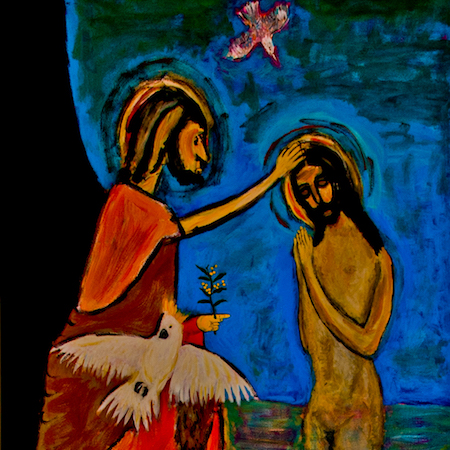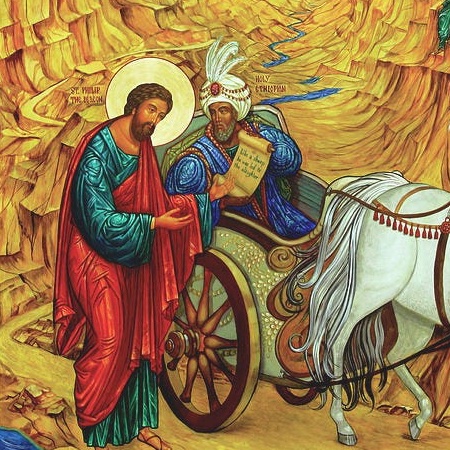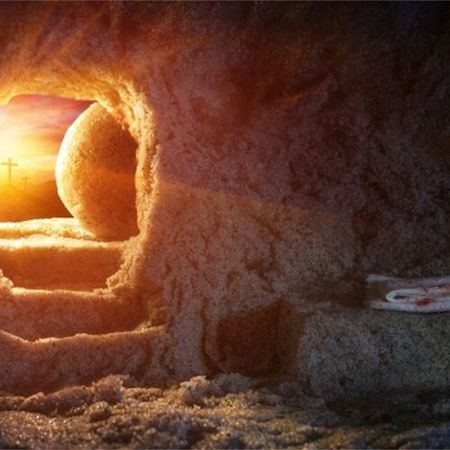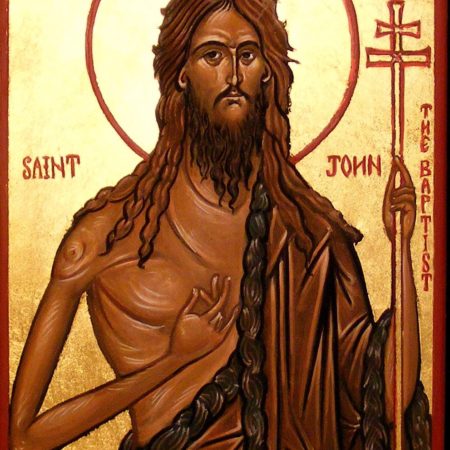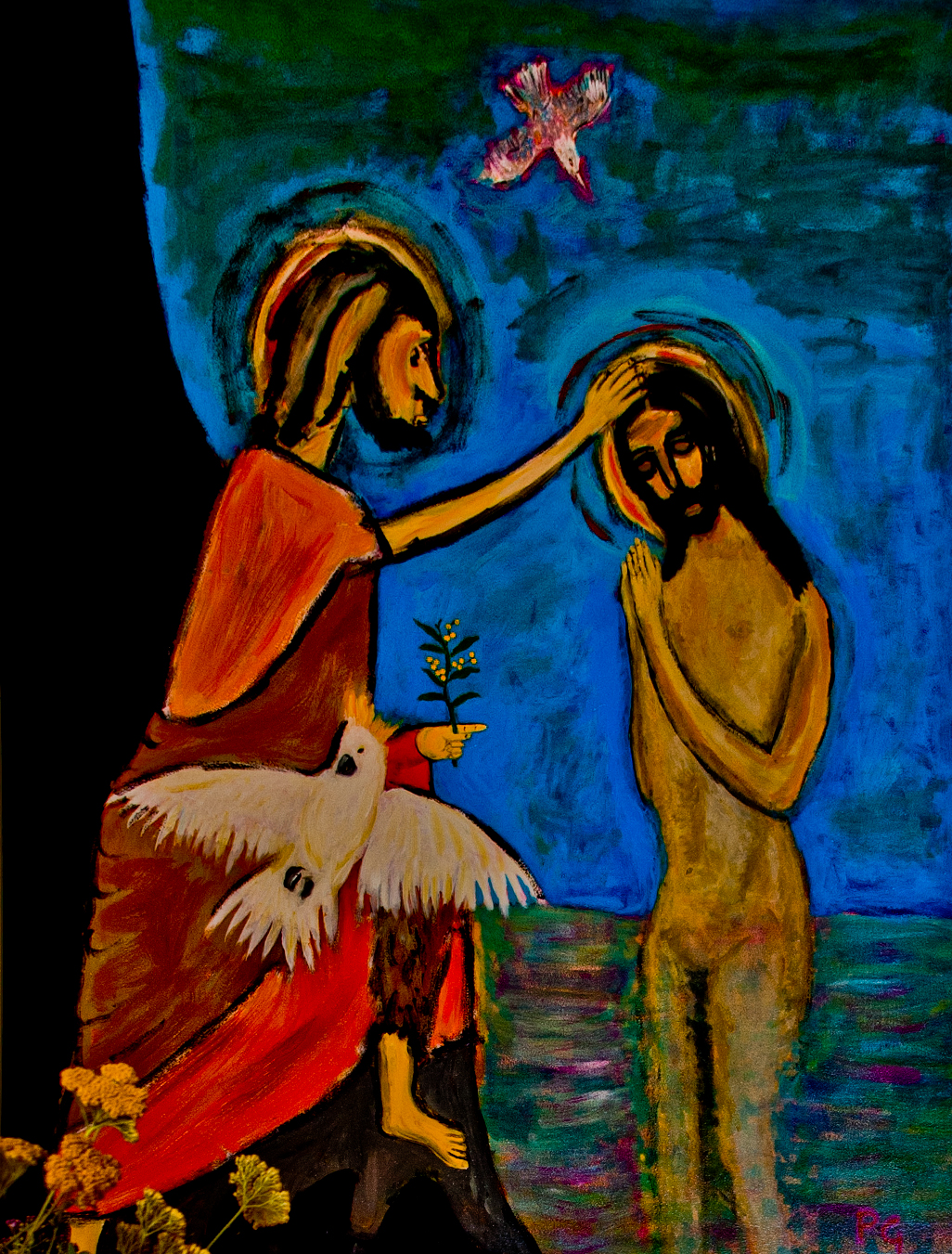Insert variable
An evolving understanding of being God’s chosen people reveals the call to focus on being a blessing to others and the world.
Sermons on Baptism
All-in commitment is unfashionable, but it is often what God needs from us to allow the richest blessings to flow.
In baptism we follow Jesus in being “ordained” and empowered for mission.
In baptism we are adopted into a new family that is radically inclusive of those who have been cut off.
In baptism, the Holy Spirit is ordaining us (all of us) for mission.
In baptism we surrender to God’s claim on us and enter a vowed relationship and life which will have its ups and its downs but in which God is forever faithful.
The resurrection of Jesus opens a path and calls us to follow into a life that is no longer dominated by the crucifying powers that destroy some of us and dehumanise others.
The promise of baptism with fire may surprisingly lead us to a loving suffering messiah.
In baptism we are anointed to reign with Christ over a new creation, but it is a reign of suffering servanthood, not of reckless force.
The imminent arrival of God’s messiah asks each of us to take up the identity of witnesses who open the way for God to be known.
Lent calls us to faithfulness to God and we need to assess the direction of our journey, our call to ministry and also to meet our own demons.
The task of being changed into what God calls us to be involves a radical break with the established norms of our world.
There is no neat finish to the Jesus story, because it is far from over. The risen Jesus is always ahead of us, calling us to follow and live the next chapter.
Our longing for God is met in the Holy Spirit who opens heaven to us and makes all things new.
Baptism is to the Christian life as a wedding is to the married life – an ongoing symbol of the vowed and relational life in God.
Baptism is a magnificent gift, far surpassing anything we could imagine or devise, for ultimately it is God’s chosen means of self giving to us.
We shall be ourselves when we are able to surrender ourselves to Christ and say ‘not my will, but yours’.
The ‘death of the self’ in baptism, modelled in Jesus, enables us to live openly and generously instead of fearfully and defensively.
Belonging to God does not exempt us from disasters that may come, although that is often what people hope and expect, but it does mean that they will not have the last word on us.
John calls us beyond insurance policy religion, but Jesus calls us still further into participation in God’s radical generosity to all the world.



